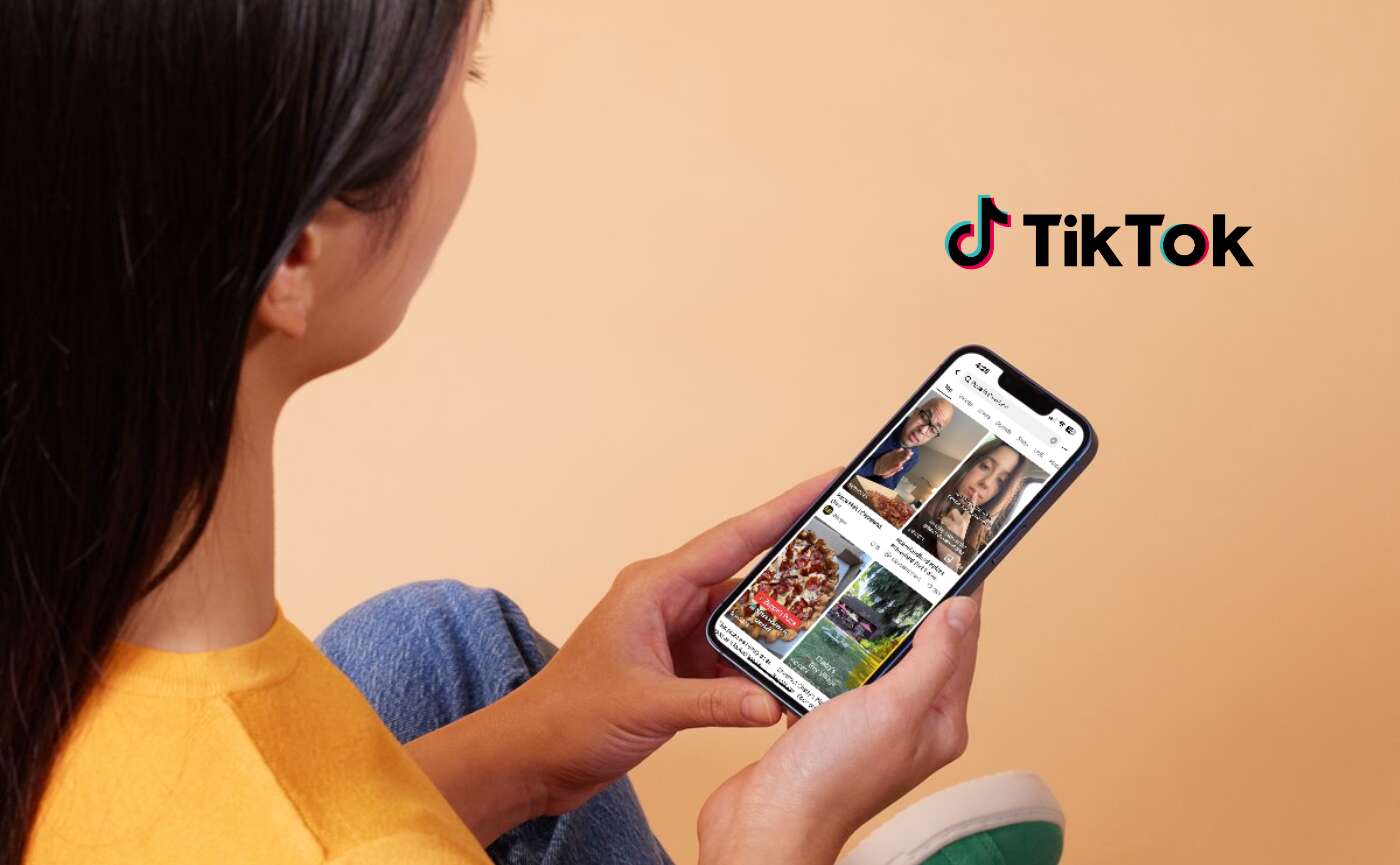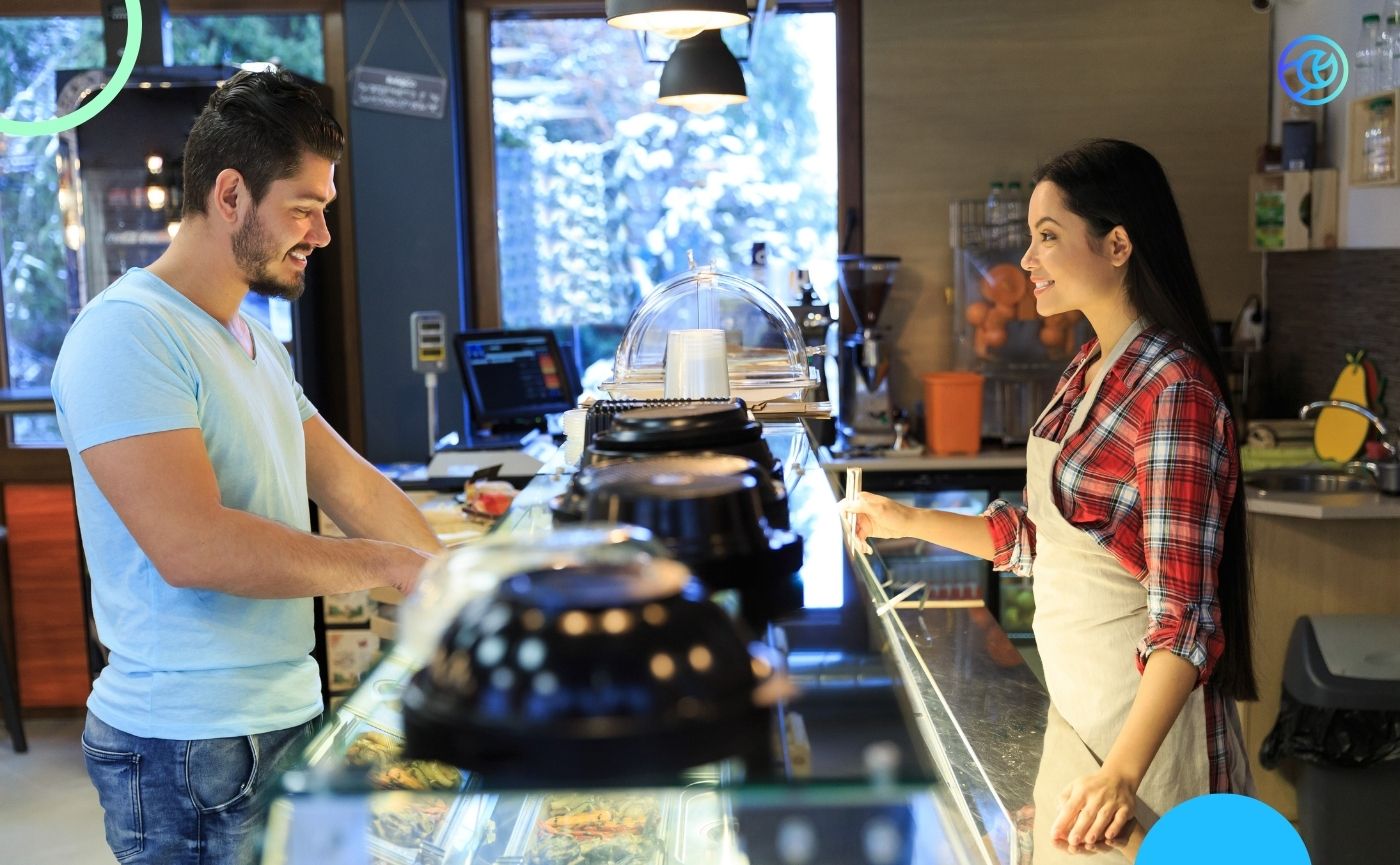Personalization & Localization: QSR Advertising That Drives Engagement & Loyalty
Personalized advertising is a game-changer when it comes to customer engagement. According to recent studies, 91% of consumers are more likely to shop with brands that provide personalized offers based on their preferences and behaviors. By leveraging shared loyalty data, franchisees can create hyper-targeted ads that reflect their customers’ unique preferences, such as favorite menu items, shopping patterns, or specific loyalty program status.
Engagement Through Personalization
For example, a customer who frequently visits a QSR might receive a targeted ad offering them extra loyalty points for trying a new menu item. Another customer, who has accumulated points but hasn’t redeemed them, might receive a reminder about their points along with an offer to earn double rewards if they visit their local store. These personalized experiences help customers feel valued, which increases engagement and strengthens their loyalty to both the local franchise and the brand as a whole.
Driving Foot Traffic and App Downloads
Sharing loyalty data also helps franchisees drive app downloads. Franchisees can use the data to promote loyalty app downloads, encouraging new customers to engage with the brand digitally while unlocking additional rewards and perks. By running local advertising campaigns that promote the benefits of the loyalty app, franchisees can deepen customer relationships and make it easier for customers to stay engaged.
Furthermore, local ads can drive traffic to physical locations by offering time-sensitive promotions, exclusive deals, or double points for in-store purchases. This combination of digital and in-store engagement creates a seamless experience that enhances customer satisfaction while increasing overall sales.
Strengthening Customer Retention with Local Advertising
In a competitive market where customer expectations for personalized experiences are high, QSR brands that embrace data sharing and local advertising will increase customer retention, boost spending, and foster long-lasting loyalty. By empowering franchisees with the tools and insights needed to run data-driven campaigns, QSR brands can ensure the continued success of their loyalty programs and strengthen their relationships with both franchisees and customers alike.
Learn more about how to harness your loyalty data for impactful local advertising. Download our playbook The Next Step in QSR Loyalty Programs.
Discover how Tiger Pistol can power your local advertising success.
Related Posts
How TikTok is Redefining Search and Local Advertising
As our friends at SOCi highlighted in their latest research, TikTok has become the new search engine for Gen Z, with 62% preferring it over Google. This shift isn’t surprising, or as Gen Z might say, “We been knew.” Recognizing this trend, Tiger Pistol launched one of the first local social advertising solutions for TikTok […]
Threads: The Explosive Launch of Meta’s Text-based Conversation Platform
Threads, a new text-based conversation platform developed by Meta, launched this past Wednesday evening and saw an adoption explosion. Within 24 hours, the app attracted more than 50 million users and shows no signs of slowing. Threads is a separate application yet tightly integrated with Instagram. This integration facilitates adoption by leveraging users’ l
Tiger Pistol’s New Playbook Unlocks the Power of Vertical Video Advertising
Empowering Marketers with Strategies for Impactful Engagement, “The Ultimate Guide to Vertical Video Advertising” is a Comprehensive Guide to Building Best-Practice Creative, Choosing the Right Social Platforms, and Developing a Winning Social Advertising Strategy. Tiger Pistol, the leading local social media advertising platform, recently announced
Why Local Is the Strategy QSR Brands Can’t Afford to Ignore
Margins are shrinking. Competition is multiplying. And nearly 7 in 10 franchisees now name inflation and rising costs as their top challenge. But as operating expenses climb, diner behavior is pointing marketers to a clear path forward. Customers are still spending. They’re just spending differently. Diners Are Choosing Value, and They’re Finding It Online





